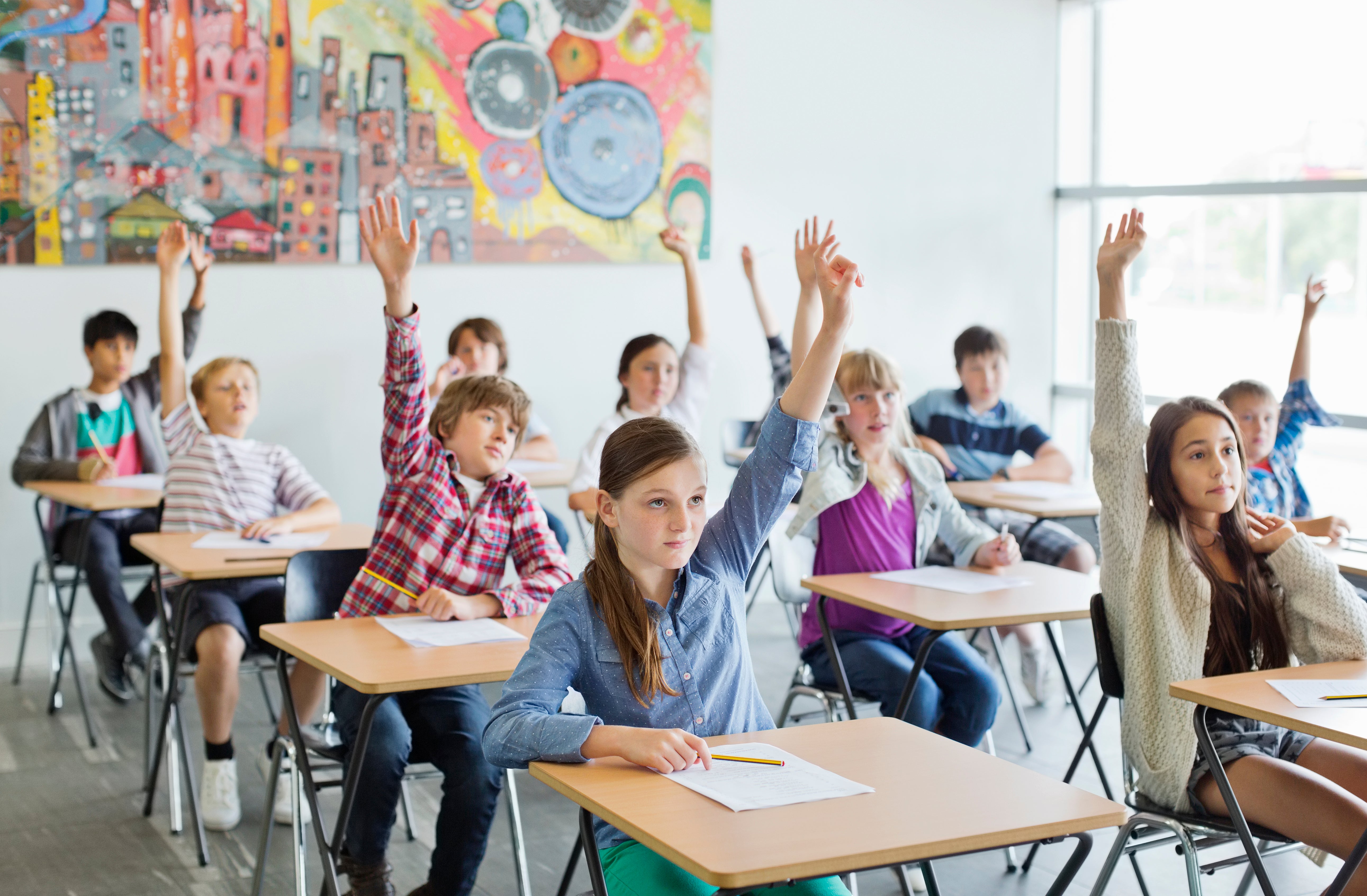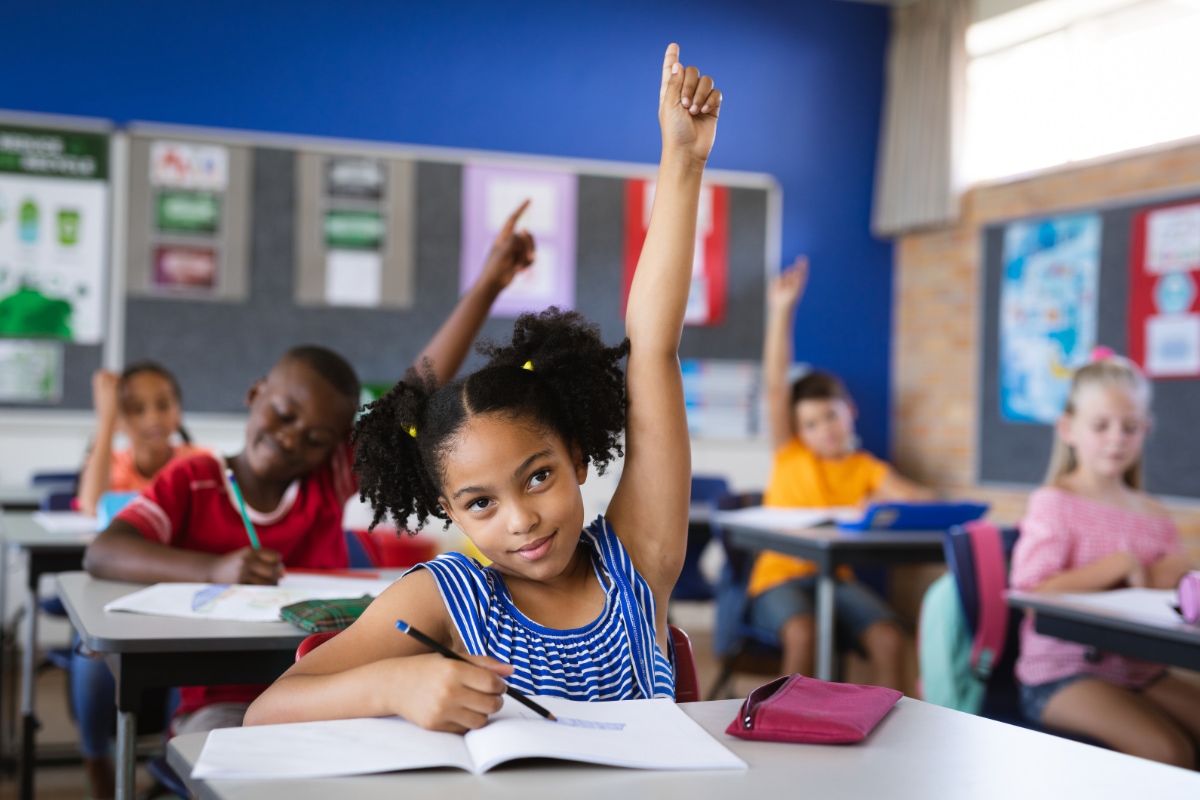Why It's Crucial to Rally With Each Other to Save Temecula Schools
Why It's Crucial to Rally With Each Other to Save Temecula Schools
Blog Article
Understanding the Importance of Institutions in Child Growth and Community Development
Schools offer as essential institutions for youngster development and neighborhood growth, providing environments where scholastic success are matched by the growing of social abilities and direct exposure to diverse viewpoints. These instructional setups not just advertise crucial thinking and effective interaction but likewise foster empathy through joint tasks. In addition, schools' engagement with local neighborhoods through service-learning campaigns strengthens the bond in between households and academic organizations. This cooperative connection underscores the importance of colleges in supporting active citizenship and lifelong learning practices. Nevertheless, what are the certain systems whereby these establishments accomplish such profound influences?
Academic Achievement
Academic accomplishment acts as a cornerstone of child advancement, providing the structure upon which future knowing and success are developed. Institutions play an essential duty in fostering this scholastic growth, providing structured environments where kids can acquire important understanding and cognitive skills. Standardized curricula make sure that pupils gain effectiveness in core topics such as maths, scientific research, and language arts, which are vital for both higher education and learning and professional chances.
Along with presenting fundamental scholastic skills, schools also grow critical thinking, analytical capacities, and intellectual curiosity. These cognitive proficiencies are important for browsing intricate real-world scenarios and adapting to the ever-evolving demands of the modern work environment. Teachers, as facilitators of knowing, use diverse pedagogical strategies to accommodate different knowing styles, thereby optimizing individual student capacity.
Furthermore, academic success is carefully connected to self-confidence and inspiration. Kids that experience academic achievements are more probable to establish a positive self-concept and a long-lasting interest for understanding. Colleges likewise offer different resources, such as libraries and modern technology, which even more enhance the instructional experience and prepare students for a technologically sophisticated culture.
Social Skill Growth
Beyond academic achievement, the role of institutions in social skill development is important. Schools work as a key place for youngsters to find out and practice necessary social abilities such as teamwork, dispute, and communication resolution. In the organized atmosphere of a class, trainees connect with peers, instructors, and other college staff, offering various opportunities to establish these essential capabilities.
Reliable social skill growth in schools is assisted in with group tasks, collective projects, and extracurricular programs. These interactions assist pupils understand social standards, construct empathy, and foster a feeling of neighborhood. Team jobs teach pupils how to work together in the direction of a common goal, pay attention to different point of views, and browse disputes constructively.

The farming of social skills throughout academic year lays a structure for future personal and professional connections. Save Temecula Schools. As students develop, the capacity to properly work together and communicate becomes progressively crucial, highlighting the college's critical duty in all natural kid growth
Exposure to Variety
Direct exposure to variety in colleges is fundamental to fostering an inclusive state of mind and widening students' perspectives. Schools act as a microcosm of the wider culture, and running into diverse cultures, languages, and socioeconomic backgrounds within this setting furnishes pupils with crucial skills for browsing a progressively globalized world. this page This exposure motivates compassion, minimizes prejudices, and advertises mutual regard amongst peers.
Research study shows that students who engage with peers from different backgrounds display better analytical abilities and creativity. This understanding of diversity prepares pupils for future offices that value multicultural proficiency - Save Temecula Schools.

Area Engagement
The advantages of diverse classrooms expand beyond the school walls, promoting a solid sense of community involvement among trainees. By engaging with peers from various social, socioeconomic, and ethnic histories, pupils acquire a more comprehensive point of view and an admiration for variety. This direct exposure motivates them to end up being active people who agree to contribute favorably to their areas.
Schools that highlight neighborhood involvement commonly include service-learning jobs, which permit pupils to address real-world troubles while applying scholastic skills. These jobs not only improve pupils' understanding of their coursework yet likewise instill a sense of obligation and compassion. Additionally, partnerships between institutions and neighborhood companies offer pupils with chances to participate in neighborhood events, better strengthening their role as proactive area members.
Furthermore, parental and neighborhood involvement in colleges strengthens the bond between schools and the neighborhoods they offer. They produce a collaborative environment that profits all stakeholders when schools open their doors to community events, workshops, and volunteer possibilities. This shared support group guarantees that go to this website pupils receive all natural development, preparing them to become all-around individuals that value and add to their areas. Through these initiatives, colleges play a critical duty in supporting area interaction and fostering social growth.
Lifelong Knowing Habits
Establishing long-lasting understanding routines is necessary for a child's continuous development and flexibility in an ever-changing globe. Colleges play a pivotal role in instilling these habits by developing a setting that cultivates inquisitiveness, critical thinking, and a love for knowledge. Via extracurricular tasks and diverse educational programs, instructors motivate students to explore various subjects, analyze details critically, and use their finding out to real-world circumstances.

Additionally, schools give a structured atmosphere where kids can develop self-discipline and time administration abilities, both of which are vital for constant understanding. By stressing the significance of setting objectives, assessing progress, and adapting techniques, instructional institutions special info prepare trainees to navigate the intricacies of adult life, guaranteeing they stay long-lasting students and factors to culture.
Final Thought
In conclusion, schools are necessary in fostering kid advancement and area development by providing atmospheres conducive to academic achievement, social skill advancement, and direct exposure to variety. With joint jobs and interactions, institutions improve critical thinking, empathy, and communication skills. Neighborhood involvement initiatives additionally strengthen the bond in between universities and local communities. Inevitably, colleges cultivate lifelong learning behaviors, outfitting people with the essential expertise and skills to add positively to society.
In the structured atmosphere of a class, pupils engage with peers, teachers, and various other institution personnel, supplying numerous possibilities to create these essential capacities.
In significance, exposure to variety within colleges not just enhances specific trainees but additionally enhances the social material of the area as a whole.
The benefits of varied classrooms extend beyond the college walls, fostering a solid feeling of neighborhood involvement amongst students.Schools that emphasize community interaction typically include service-learning projects, which enable students to resolve real-world issues while applying academic skills. Collaborations in between colleges and neighborhood companies provide pupils with chances to participate in neighborhood events, even more strengthening their role as positive area members.
Report this page